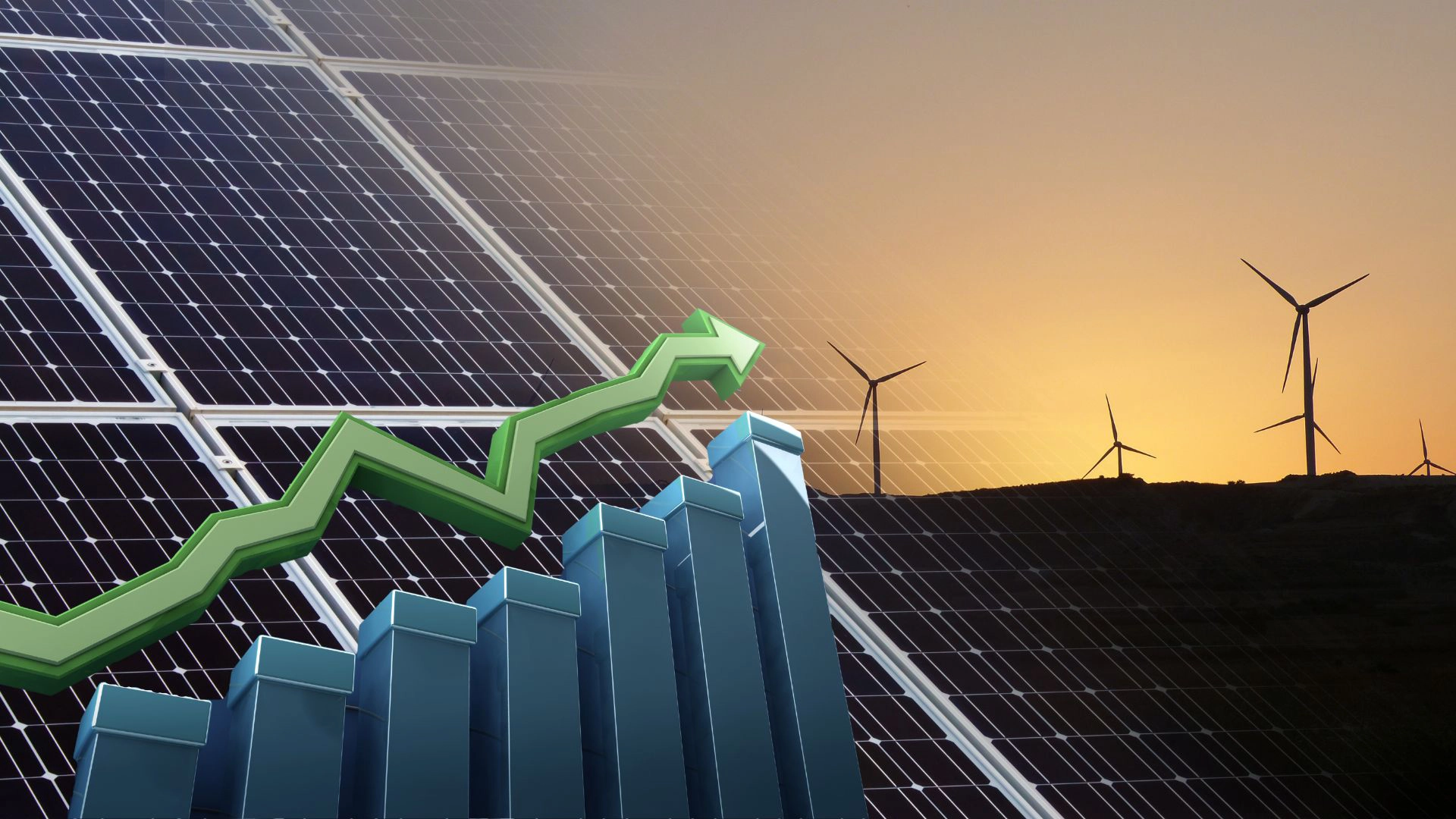In July, year-over-year, consumer price increases topped 9.1%, this is the highest inflationary rise in over 40 years. One of the main causes of this has been soaring energy costs, which affect virtually every sector of the economy.
While Russia’s invasion of Ukraine and supply chain impacts from Russian sanctions inflamed prices, energy prices were already on the rise well before the war. Gasoline has doubled and now averages $4.44 per gallon countrywide. If you look at the year before Russia’s invasion of Ukraine, gas prices had already increased about 40% (over $1 per gallon). The cost of electricity and natural gas are major contributors as well. In 2021 average electricity prices had increased by 5.6% per the Global Energy Institute’s 2021 electricity price map and in 2022 prices have continued to rise.
What’s causing energy prices to skyrocket?
Supply and demand: Like any other commodity, the price of energy is controlled by basic supply and demand. As lockdowns have ended, demand has dramatically increased and manufacturing and supply chains remain constrained by a number of factors.
Supply chain and labor: Like everyone else, energy companies are still recovering from pandemic related lockdowns and restrictions. Sourcing materials and workers needed to expand production has proven a difficult task, and on top of that, shortages and transportation problems globally have increased the cost of producing energy. Some materials have even been unavailable further exacerbating the problem. This is causing delays in supply keeping up with demand.
Uncertainty: Our current administration’s agenda has been to phase out fossil fuels like oil and natural gas forcefully and as quickly as possible. Finding and producing new oil and natural gas is incredibly expensive and demands significant upfront investment and significant planning. Investors pay close attention to regulatory changes and proposals that would negatively impact the oil and gas industry and will hold investment back. This causes uncertainty in the market.
Infrastructure: America lacks vital infrastructure needed to support greater production. New oil and gas pipelines that would greatly increase the ability to move products have been defeated or stopped mid production. An example of this is Biden revoking key permits needed to complete the Keystone XL pipeline. New York and New England lack the pipeline capacity to take advantage of nearby shale formations in Pennsylvania, and consequently have some of the highest energy prices in America. They actually have been importing oil and gas from overseas (until recently, even from Russia) instead of improving their infrastructure.
After years of efforts to improve and streamline the permitting process culminating in reforms from the previous administration, the Biden administration is now trying to aggressively move them back. This would set us back decades and slow down projects of all types, including renewables.
No real action: While the current administration has said they support increasing domestic production, there has been no decisive action to back their claims. Biden’s administration has seemingly paused nearly all new permitting and leasing on federal lands and waters (which produce 22% of oil and 12% of natural gas). The new 5 year oil lease plan for the Gulf of Mexico was incredibly late, which caused uncertainty in the market. The current situation of onshore leases is quite similar with the current administration failing to hold new lease sales despite federal law clearly requiring them.
Global markets: Global markets are very similar to American ones, with increased regulation on fossil fuels, and no real solution to replace them, thus increasing imports. This coupled with inflation and countries like Germany closing 3 of 6 remaining nuclear power plants, making them even further reliant on Russian energy, further increasing demand.
What you can do about it: Fortunately, energy efficiency has come a long way and there are many ways to reduce overall consumption. businesses can invest in solar, LED and if you’re located in a deregulated state, get a fixed-rate.


